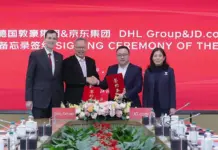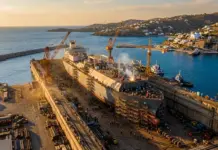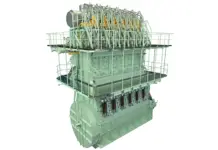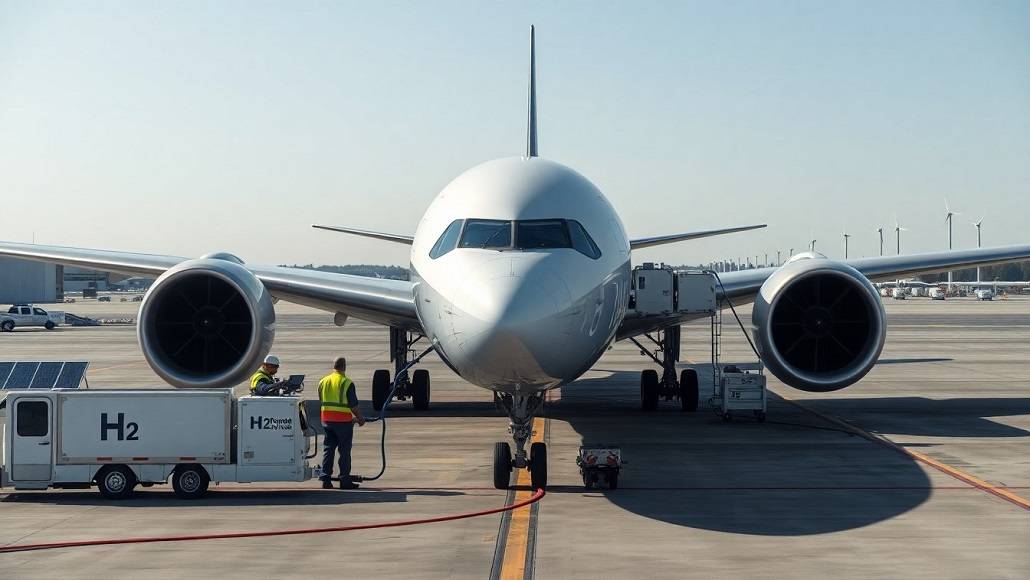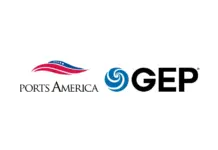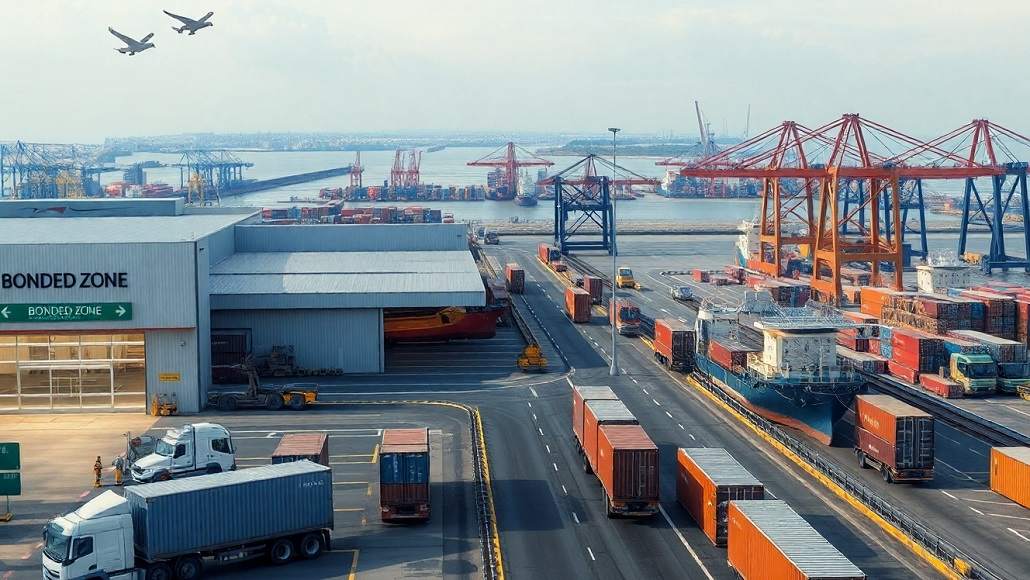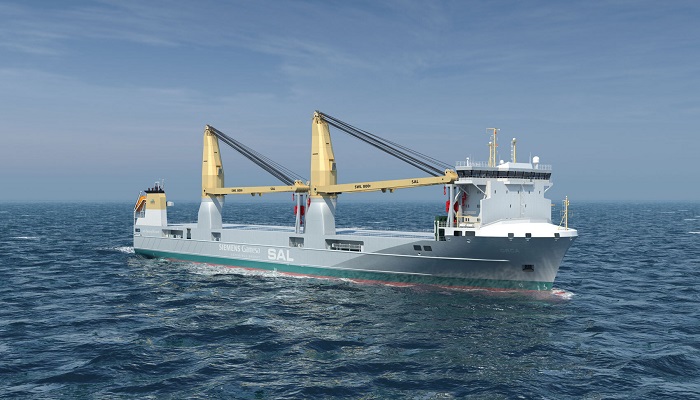The heavy-lift ships, part of the Orca-class with a capacity of 14,600 deadweight tons (dwt), are currently in construction for the Jumbo-SAL-Alliance, a joint venture between the German shipping firm SAL Heavy Lift and the Netherlands-based Jumbo Shipping. These vessels have been developed through a collaboration that draws on the expertise and knowledge of both companies. The design and creation of the Orca-class ships were overseen by SAL Engineering, a sister company affiliated with SAL Heavy Lift, both of which are part of the Harren Group.
Dr. Martin Harren, the owner and CEO of SAL Heavy Lift, SAL Engineering, and the Harren Group, has described the Orca class vessels as setting a new standard in terms of technical capabilities and environmentally friendly propulsion systems. He noted that these ships are expected to be the most efficient in their class, with consumption and emission figures significantly surpassing those of existing heavy-lift vessels.
Several advanced technologies have been incorporated into the Orca class, including optimized hull designs, methanol dual-fuel engines, and propulsion systems with a “diesel-electric booster function” in a hybrid configuration, offering a wide range of speed settings and redundancy. Jumbo-SAL-Alliance intends to operate these ships using green methanol when it becomes available at ports, providing carbon-neutral transport solutions to their customers.
The energy efficiency and fuel consumption of these ships will be heavily influenced by 6-meter Schottel controllable propellers (SCPs). Each vessel will be equipped with four-bladed SCP 129 controllable pitch propellers, capable of delivering up to 8,810 kW of power.
To optimize the propulsion systems for the Orca-class ships, SAL Engineering conducted hydrodynamic calculations and extensive model tests on three different propeller designs at two independent research facilities: the China Ship Scientific Research Center and the Shanghai Ship and Shipping Research Institute. These tests evaluated propeller efficiency, cavitation behavior, and propeller-induced hull pressure pulses. The results demonstrated that Schottel’s customized propeller design, with nearly cavitation-free operation and an optimized open water curve, met SAL’s requirements, leading to Schottel winning the contract.
The SCP includes a tailored combination of propeller blades, propeller shaft, coupling, stern tube, hydraulics, and sealing. The hydraulic and lubrication oil system is designed to use environmentally friendly lubricants in compliance with US EPA VGP regulations.
Siemens Gamesa Renewable Energy has plans to charter the first two Orca-class heavy-lift vessels on a long-term basis, starting in mid-2024. These ships will be used to transport large components for offshore wind turbines.
Operating at a service speed of 15 knots, the Orca-class vessels are expected to consume “significantly less” than 20 tonnes of fuel oil per day, which is comparable to much smaller and geared MPP vessels. At a speed of 10 knots, fuel consumption is projected to be 6 tonnes per day.
Based on owner-provided data, NOx emissions are expected to be 10% lower than IMO Tier 3 standards while also surpassing EEDI phase 3 limits for CO2 emissions by 21%.



